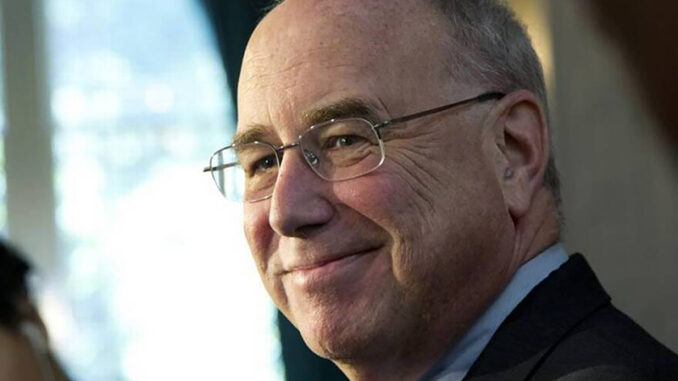
RALEIGH — Over the past year, a nonprofit organization funded by the General Assembly to focus on “accelerating commercialized innovation from North Carolina’s universities” has been receiving criticism from a fellow nonprofit.
NCInnovation (NCI) was established in 2020 and given $500 million in nonrecurring funding across the biennium through the “NCInnovation Reserve Fund” as part of the 2022-23 budget. Of the appropriation, NCI may use $50 million of the endowment as investment income in the 2023-2024 fiscal year and $90 million in the 2024-2025 fiscal year.
NCI, per its website, wants to address North Carolina being ranked 20th in the nation when it comes to innovation despite having a “world-class university system” as well as ranking “near the top of peer states in research and development funding,” and has attracted top talent.
The initial Senate bill proposed funding the initiative with $1.425 billion in nonrecurring funds. Following the Senate’s proposal, JPMorgan Chase CEO Jamie Dimon offered strong support.
“With business all over the world we understand that innovation and scale begins locally, which is why we thought it especially important to support North Carolina’s entrepreneurial development through NCInnovation,” Dimon said. “This model holds great promise to expand North Carolina’s technology commercialization and serve as a blueprint to expand American innovation.”
The John Locke Foundation (JLF), a conservative think tank and nonprofit in Raleigh, has essentially accused the funding of being an example of government picking winners and losers.
JLF has been critical of taxpayer dollars being used to “acquire equity in private companies,” claiming it will “certainly blur the lines between nonprofit and for-profit organizations.” JLF has also criticized NCI’s spending on lobbyists and staff.
JLF has also claimed taxpayers would be “forced to bail them out” through future appropriations if NCI’s return on investment falters. The right-leaning think tank has also claimed industrial policies under “Bidenomics” as “eerily similar to NCInnovation.” Through its blog, Carolina Journal, the most recent criticism is that Gov. Roy Cooper’s budget does not include NCI, writing that “Cooper’s elimination of further NCI funding could be foreboding for the nonprofit.”
One of NCI’s board members is Art Pope, who was appointed by House Speaker Tim Moore (R-Kings Mountain) under the related budget provision. He is chairman of the John William Pope Foundation, “a private grant-maker supported by the Variety Wholesalers, Inc. and the Pope family.” Pope launched JLF in 1990 and is a former board member of the organization.
As a member of NCI’s board, through an email to the state auditor, Pope initiated an inquiry into NCI’s financial reporting, accusing the nonprofit of not maintaining its records, accounts and financial reporting in accordance with generally accepted accounting principles. The email also claimed NCI lacked internal controls to determine the status of claimed multiyear charitable pledges, resulting in overstatement of revenue and assets. Lawmakers were copied on Pope’s email to the auditor. NCI employees, however, were not.
On April 2, NCI’s Vice President Corporate Affairs Erica Shrader issued a letter regarding “inaccurate information” about the organization published by JLF and its media arm, Carolina Journal.
The letter describes JLF admitting to basing its original opposition to the organization on an old bill draft that never became law, leading to a correction stating that NCInnovation’s funding is limited to grants for university researchers.
Shader’s letter also asserts JLF has “pivoted” and now opposes NCInnovation because of its merit-based grant process.
“If applied research funding is not to be distributed based on merit, then it is unclear to us how it should be distributed,” Shrader wrote. “NCInnovation’s legislative mandate is to fund university applied research that has commercial promise. We are executing on that mandate.”
Shrader’s letter underscored that NCInnovation fills a crucial gap in funding between proof of concept and entry to the private market, supporting the commercialization of university research and contributing to American prosperity.
“Hundreds of millions of public dollars already fund university applied research,” wrote Shrader. “Our role is to support applied research at the critical R&D phase between proof of concept and entry to the private market. We will not shy away from this core premise: It is good when university applied research is commercialized.”
NCI announced a new private funding commitment of $500,000 from The Huntington National Bank on April 10. By April 23, NCI had announced it had surpassed its $25 million funding target through recent pledges from SAS, Pinnacle Financial Partners and the Huntington Bank investment.



